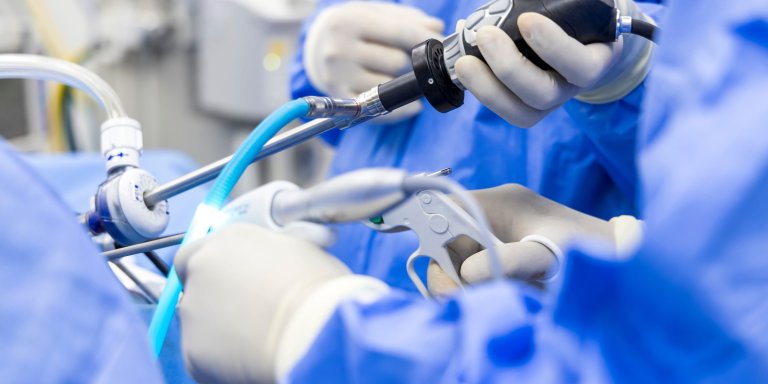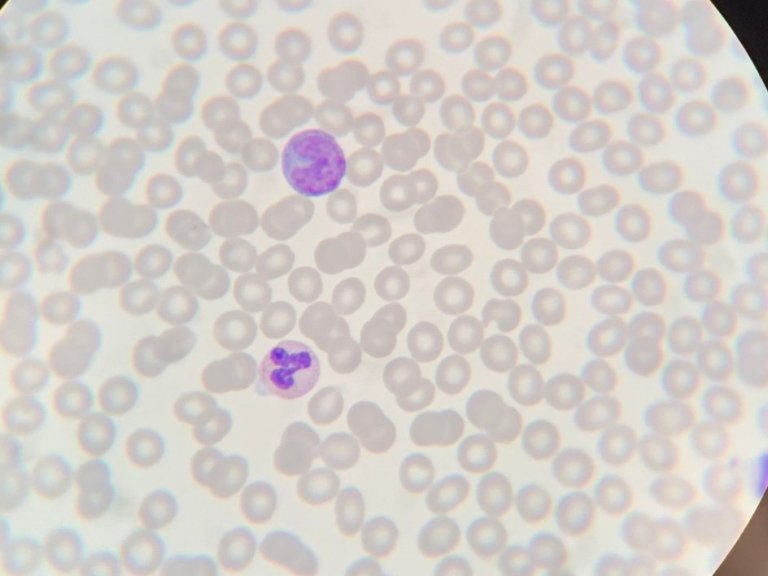Professor Mohammad Abu Hilal, from the University of Southampton and a surgeon in Brescia, Italy: “the biggest news is that we now have strong scientific evidence that keyhole surgery is safe for left-sided pancreatic cancer.”
Marc Besselink, Professor of Surgery at Amsterdam UMC Cancer Center Amsterdam adds, “we’re very grateful that we could get such a large group of hospitals in Europe and the USA to collaborate to lessen the impact of pancreatic cancer surgery on our patients.”
The best treatment for pancreatic cancer has been shown to be a combination of surgery and chemotherapy. Surgery requires a major abdominal procedure, which comes with risk of wound infection, scarring and lengthy rehabilitation. For other pancreatic diseases, less invasive keyhole surgery has long been used. Carried out using several small tubes and, thus, avoiding the need for a large abdominal incision. Before this study, it wasn't clear if keyhole surgery provided equally good results as the traditional method in patients with pancreatic cancer.
DIPLOMA
In the international DIPLOMA randomised trial, a total of 258 patients with left-sided pancreatic cancer – from 2018 to 2021 – were included. These patients came from 35 hospitals in 12 countries in Europe and the United States. Patients underwent a distal pancreatectomy with splenectomy removal via either keyhole surgery or traditional open abdominal surgery. This procedure involves having the tail (thin end) and body of the pancreas removed, leaving the head of the pancreas intact.
Pathologists then assessed how often the complete tumour had been removed successfully. They saw that with both operations the success rate was similar. Patients also had the same number of lymph nodes removed, while the risk of complications, long-term survival and total costs were also similar.
Those who received keyhole surgery had, as long as there no complications, a faster recovery. This increased speed was also seen if patients had severe complications which required intensive care admission. Lastly, patients were also more satisfied with their scarring.
International collaboration
Maarten Korrel, who recently obtained his PhD for his work on this study at Amsterdam UMC: “The preparation for this study took several years. The working methods of the surgeons and pathologists were fine-tuned. This is something to be proud of.” To setup this project, the surgeons first set up the pan-European E-MIPS consortium, which is currently investigating numerous aspects of pancreatic surgery.




